Rancho
Pedro Speroni / Argentina / 2021 / 72 min
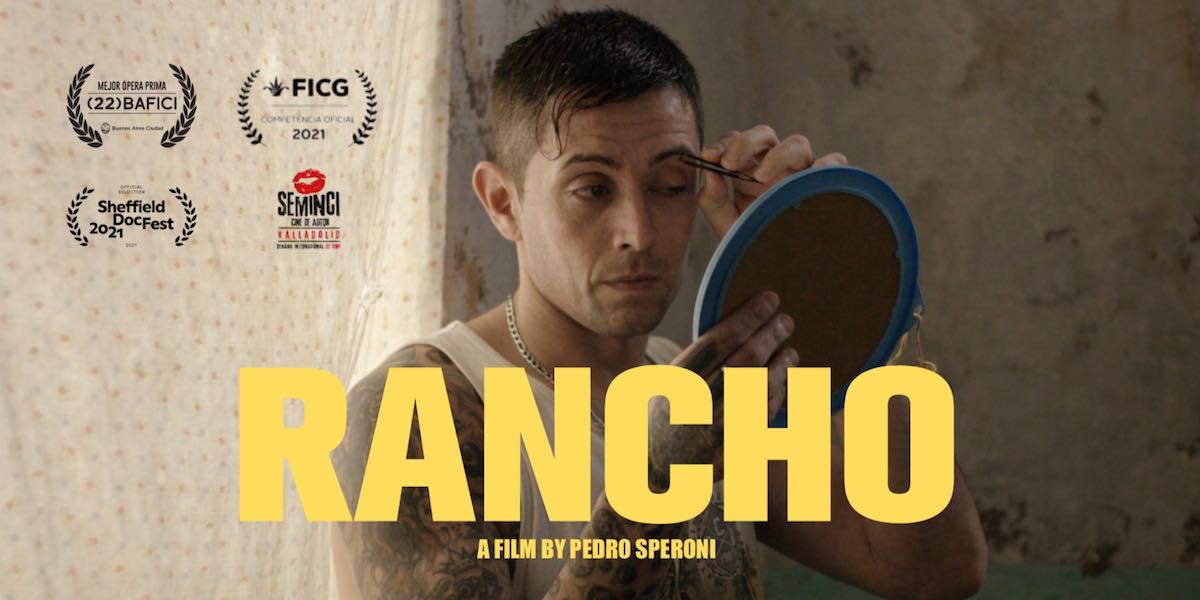
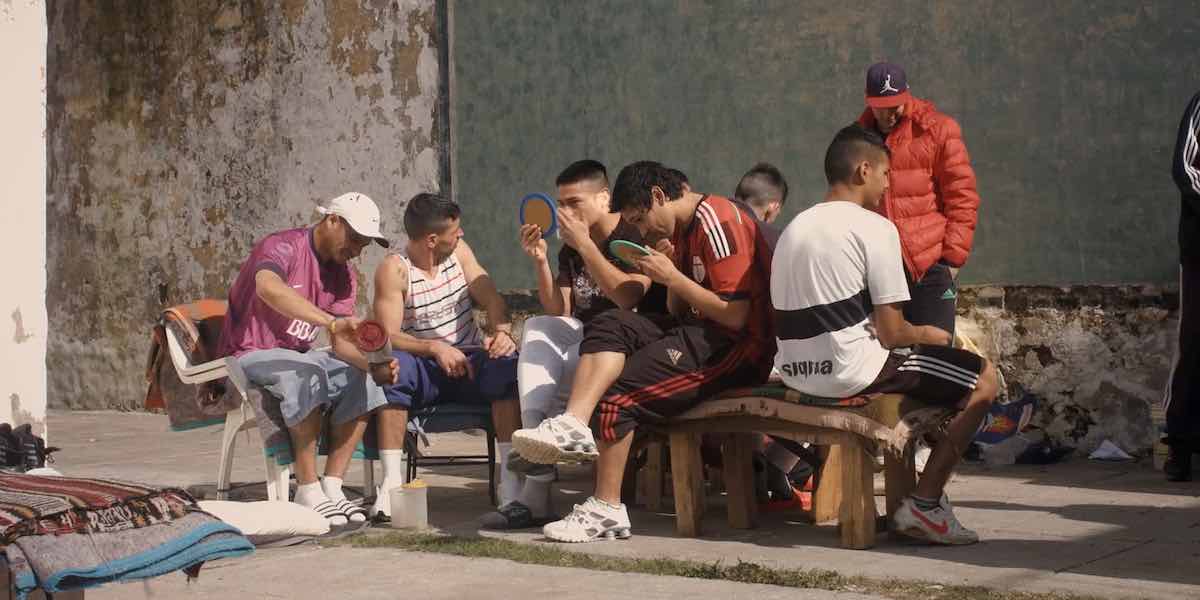
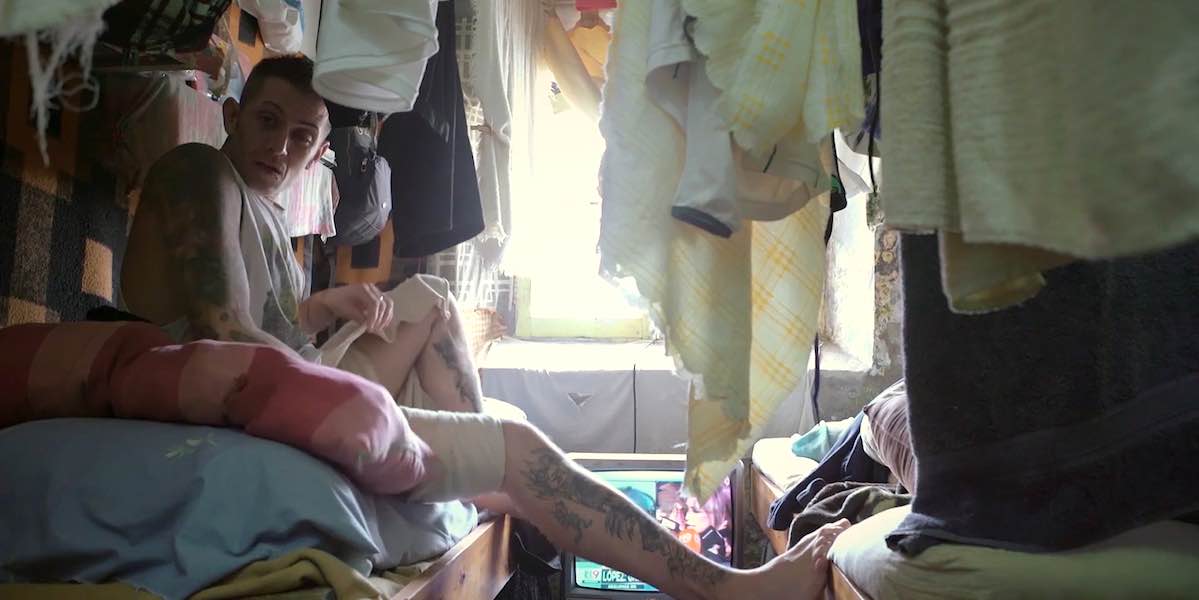
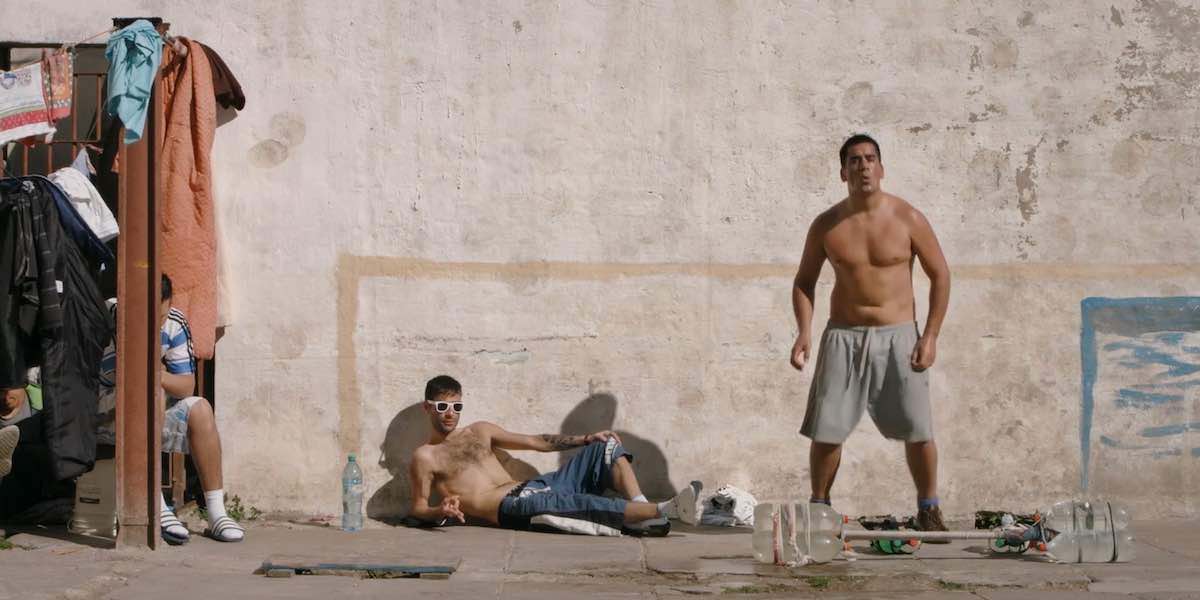
BAFICI Buenos Aires Int'l Independent Film Festival
Best First Feature AwardSEMINCI - Valladolid Int'l Film Week
Guadalajara Int'l Film Festival
Sheffield DocFest
Pricing
Related Films
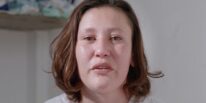 I, Prisoner(Eu, preso)Paula SacchettaBrazil has the fourth highest population of prisoners per capita in the world, behind only the USA, China, and Russia. Unlike the other three, Brazil is ...
I, Prisoner(Eu, preso)Paula SacchettaBrazil has the fourth highest population of prisoners per capita in the world, behind only the USA, China, and Russia. Unlike the other three, Brazil is ... Courtroom 3H(Courtroom 3H)Antonio Méndez EsparzaRaw and powerful, Courtroom 3H marks a confident documentary debut from director Antonio Méndez Esparza (Here and There). Shot in a single courtroom ...
Courtroom 3H(Courtroom 3H)Antonio Méndez EsparzaRaw and powerful, Courtroom 3H marks a confident documentary debut from director Antonio Méndez Esparza (Here and There). Shot in a single courtroom ... Freedom is a Big Word(La Libertad es una Palabra Grande)Guillermo RocamoraGuantanamo, then what? After 13 years, Mohammed, a 38-year-old Palestinian, is released from the notorious detention camp, where he was starved, ...
Freedom is a Big Word(La Libertad es una Palabra Grande)Guillermo RocamoraGuantanamo, then what? After 13 years, Mohammed, a 38-year-old Palestinian, is released from the notorious detention camp, where he was starved, ...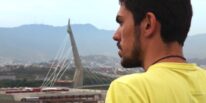 After Spring(Depois da primavera)Pedro Rossi, Isabel JoffilySyrian brothers Adel and Hadi Bakkour take to the streets of Rio de Janeiro to fight for democracy in the country where they found refuge. History ...
After Spring(Depois da primavera)Pedro Rossi, Isabel JoffilySyrian brothers Adel and Hadi Bakkour take to the streets of Rio de Janeiro to fight for democracy in the country where they found refuge. History ...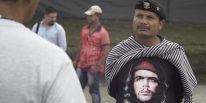 Guerrilla Voices: Humanizing War(Voces de Guerrilla )Sjoerd Van Grootheest What are the greatest risks guerrilleros face today? After the signing of the Peace Agreement between the Colombian government and the FARC-EP in 2016, ...
Guerrilla Voices: Humanizing War(Voces de Guerrilla )Sjoerd Van Grootheest What are the greatest risks guerrilleros face today? After the signing of the Peace Agreement between the Colombian government and the FARC-EP in 2016, ...Synopsis
Spanish with English subtitles
In a maximum-security prison in Argentina, a boxer doggedly seeks his freedom. A group of guys dreams of one day making their millions. A young man comes in for killing his stepfather. The leader of the place has been sitting there for 30 years. Throughout, the same word is repeated: ‘rancho’, used with liberating flexibility. You call your friend ‘rancho’, you ‘ranch’ together.
Pedro Speroni’s prison portrait is a highly concentrated one, built entirely from the moments these men share while incarcerated. Their exchanges are intense: they joke about muggings, and about beating people to a pulp; they jostle and spar; they confide in quiet moments. Society puts up barriers that these men bounce against like balls in a pinball machine, all ending, ultimately, in the same place. What they create there together is their own kind of utopia: a closed environment with rules and norms of their own making.
Related Subjects
About the Director
Pedro Speroni is a scriptwriter and film director. He was born in Argentina in 1987. He studied Image and Sound Design at the University of Buenos Aires. In 2015, he made his first short film Peregrinación, which premiered at BAFICI. Rancho, his first feature film, was selected for the Berlinale Talents and Ventana Sur: Showcase, among others.
His project Bilbao won the INCAA’s Incubator for the Development of Documentary Projects Award. It also participated in several “works in progress” showcases, including the Ibero-American Meeting of Emerging Filmmakers.
Press
“Speroni's film has a very different vibe from many prison documentaries, which often focus on the brutality and hopelessness of the situation. He, instead, captures a camaraderie which has morphed into something more positive in prison.” – Amber Wilkinson, Eye for Film
Notes on the Film
“When I was 10, everything seemed fine. My maternal grandfather was an Ambassador to the Vatican, three of my mother’s brothers ran a very important bank, my father was a partner in a law firm. By the end of that year, the family’s decay had begun. Looking back, maybe everything had fallen apart already. First, my uncles were arrested for committing fraud, and one of them ran away. My grandfather left the Holy See. My father had to leave the law firm. What I had shaped as my family’s identity was no longer there. Family problems, problems between my parents, and my maternal surname printed on all papers next to the word “fraud”.
One day, my uncle fugitive from justice appeared in my house. It was night. We shared the bedroom for over a month. Until one day he had to flee. A few days later he was arrested again. I remember going to visit him several times at the prison. My mother would take me, we would meet in the visiting room. I remember the search and the various corridors we had to go through to get to where he was. Many of those scenes are forever etched in my memory.
Years later, the chance to re-enter a prison came up. And the feelings I had experienced visiting my uncle reappeared, but this time they were much more powerful. I started going to prison almost every day. The bond between me and the prisoners grew strong and intimate. And almost unwittingly, this documentary film took shape.”
– Pedro Speroni, director